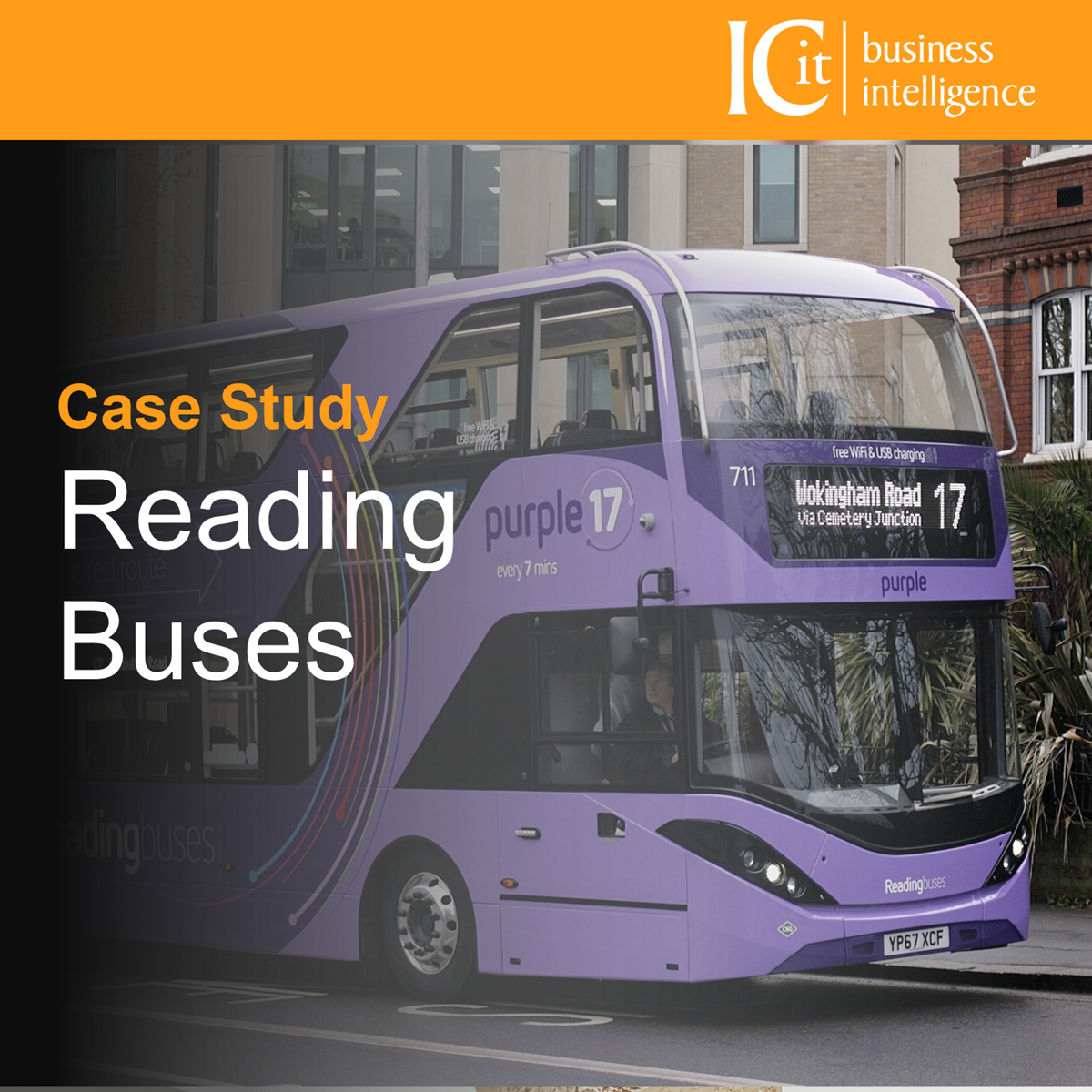Steering Financial Strategy in the Fast Lane: FP&A in Transport and Logistics with Workday Adaptive Planning
In the fast-paced world of Transport and Logistics, finance teams face a barrage of challenges. From fluctuating fuel prices, regulatory shifts, and international trade complexities, to the rise of e-commerce demands and the integration of cutting-edge technology, the need for real-time data-driven decisions has never been more pressing.
In this complex environment, you need clear, quick insights to make smart decisions. That’s why finance teams choose Workday Adaptive Planning.
To learn more about our FP&A Solutions for Transport and Logistic firms with Workday Adaptive Planning, arrange a call with one of our Consultants.

Helping you address the key FP&A challenges
in Transport and Logistics
Fuel Price Volatility
Constant fluctuations in fuel prices can wreak havoc on projected costs, affecting everything from freight trucking to passenger airlines. Workday Adaptive Planning allows companies to model different pricing structures and analyse profitability based on various pricing models, providing deeper insights into financial performance.
Regulatory and Trade Compliance
Beyond the movement of goods, transporting people introduces its own regulatory challenges, including safety standards, passenger rights, and international travel restrictions. Workday Adaptive Planning offers multidimensional reporting capabilities, allowing companies to slice and dice financial data based on different dimensions and generate reports to meet regulatory requirements.
E-commerce and Supply Chain Integration
While the rise of online shopping demands agile supply chains for goods, the evolving nature of ticketing systems, route optimisations, and passenger logistics poses its own set of challenges. Workday Adaptive Planning can consolidate data from a variety of sources into a single platform, ensuring companies have consistent and up-to-date information available for effective decision-making.
Environmental and Sustainability Concerns
With increasing attention on the environmental impact of transport, there’s a financial challenge in balancing cost-effective operations with sustainable practices, especially in modes like aviation or large-scale rail. Workday Adaptive Planning’s robust scenario modelling capabilities allow you to navigate the complexities of ESG planning. Evaluate potential risks, explore opportunities, and model the impacts of different strategic decisions, all while maintaining a strong alignment with your sustainability goals.
Why Workday Adaptive Planning is the Best Choice for Transport & Logistics companies
- Dynamic Forecasting – Workday Adaptive Planning’s real-time analytics and modelling allow companies to adjust forecasts instantly based on fuel price changes, ensuring accurate budgeting and predictions.
- Scenario Planning – Evaluate the financial impact of different fuel price scenarios, helping companies make informed decisions on fuel contracts and hedging.
- Reporting Capabilities – Generate instant reports for regulatory bodies, ensuring transparency and adherence to rules.
- Integrated Planning – Combine sales, operational, and financial planning to optimise supply chains both for goods and passengers.
- Capital Planning – Assess the financial viability of potential tech investments, ensuring they provide a good return.
- Service Cost Analysis – Determine the cost-effectiveness of service improvements and weigh them against potential revenue boosts from increased customer satisfaction.
- Sustainability Budgeting – Allocate resources to eco-friendly initiatives, ensuring a balance between sustainable practices and profitability.
- Carbon Footprint Tracking – Integrate environmental metrics into financial reporting, giving a clear picture of the financial impact of sustainability efforts.

Workday Adaptive Planning offers a comprehensive suite of tools tailored to the needs of transport and logistics, ensuring FP&A teams have the data and insights they need to navigate the industry’s unique challenges.









